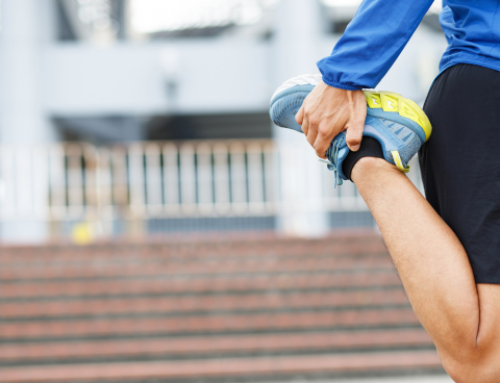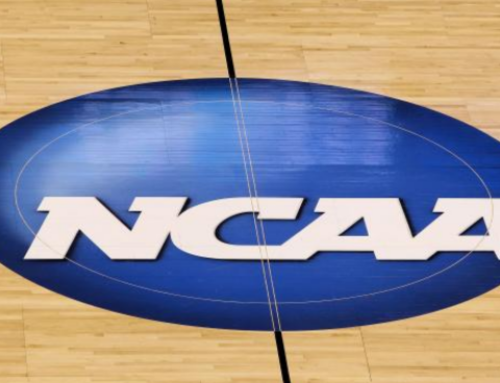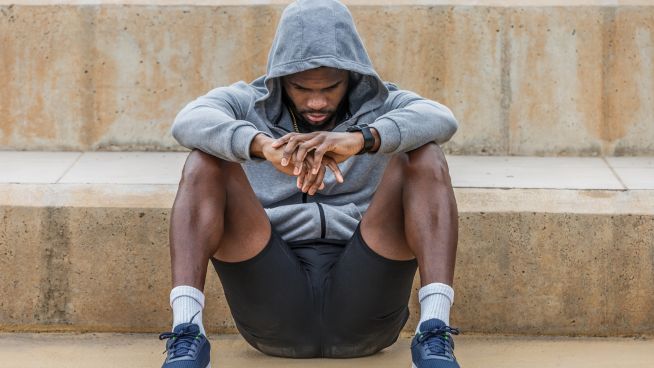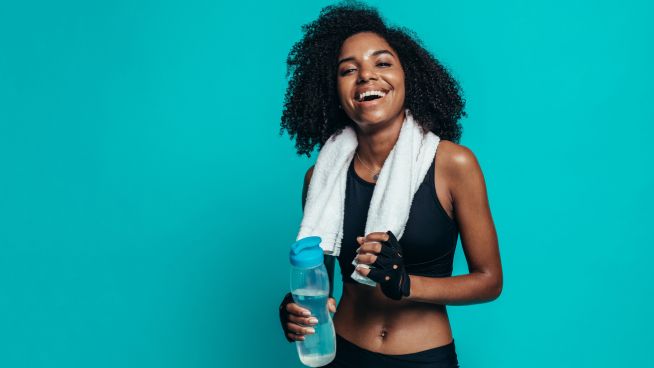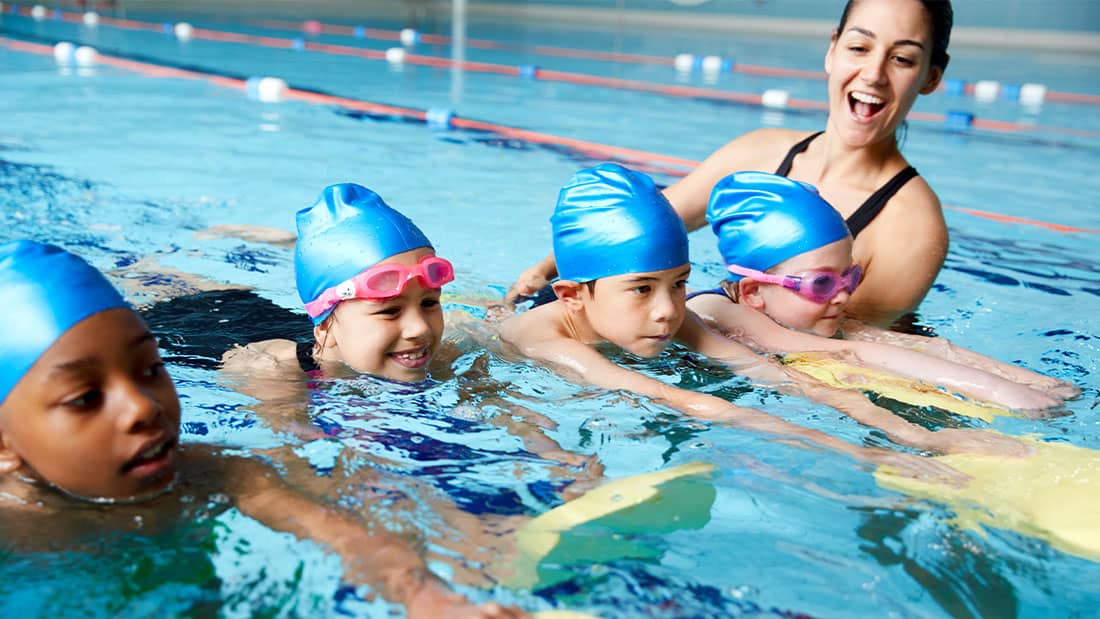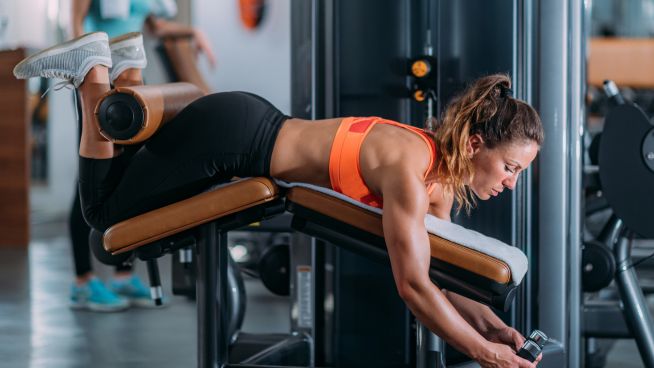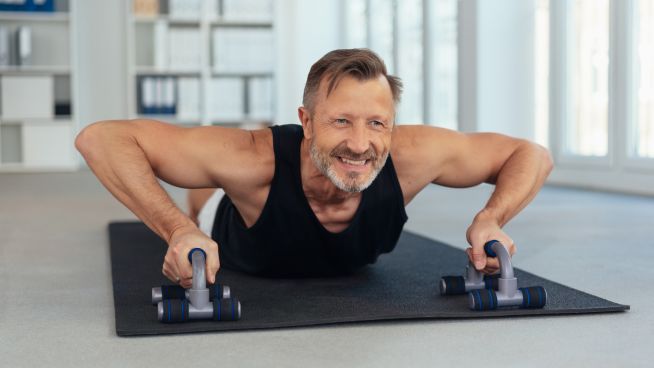Why Every Teen Needs A Non-Parent Mentor
Many adults look to their pasts and recall the profound influence a mentor had in their adolescence. This relationship was powerful enough to create an everlasting impact on their life.
The safe space created between mentor and mentee allows for self-discovery and growth through sport and life. Mentors can share their worldviews, experiences, support, knowledge, and advice, all while being a positive influence.
Having a one-on-one caring adult who is not a parent can yield positive, life-changing outcomes.
“A mentor is an experienced and trusted advisor. We as parents are mentors to our kids to a point, but you are likely to agree that you cannot be all to your teen. The more I work with teens the more I am convinced that every teenager should have a non-parent mentor in their life.”
There are three interconnected processes during the teen years:
-
Social-Emotional Learning– An integral part of human development. This entails learning life skills, how to handle relationships, harness emotions, manage feelings, and develop sympathy and empathy for others.
-
Cognitive Learning– Comprehension, memory, and application.
-
Identity Formation- A continual state of discovering self with an emphasis during teen years. It is a complex process to develop a clear and unique view of oneself. This includes personality, values, and morals.

Remember – what a teen does and is exposed to during this critical time in life has a large influence on their future. Experience and current needs shape the pruning and sprouting process in the brain.
One part of the teen brain that is undeveloped is the prefrontal cortex (PFC), which is also known as the rational or decision-making part of the brain. When fully developed, this part of the brain is in constant dialogue with the amygdala, also known as the emotional brain (the limbic brain).
-
With the connections between the emotional part of the brain and the decision-making center still developing—and not always at the same rate, teens tend to have an overwhelming amount of emotional input towards every aspect of their lives.

Research shows that Mentoring: (Raposa, et. al. 2019)
-
Models positive social skills and facilitates interpersonal connections beyond family.
-
Helps young people interpret and manage life challenges, including relationships with peers and parents.
-
Facilitates meaningful conversations that boost cognitive skills and provides perspective.
-
Strengthens self-regulation, one’s ability to manage emotions and impulses—to think before acting.
-
Promotes identity development, a key task of adolescence, through modeling core qualities that contribute to human thriving, like empathy, curiosity, resourcefulness, and resilience.
-
Opens doors to new ways of thinking, resources, and opportunities.
-
Fosters self-efficacy—a belief in oneself.
WHAT IS RISE / HOW DO WE DO IT?
RISE is a team of world-class athletes on a mission to create lasting, foundational change through our results-proven Mindset Development Program.
We recruit the best athletes in the world – Olympic, Professional, & Elite, and train them in the tenets of sport & positive psychology. We then pair them with teen athletes in what has been deemed the most important relationship during developmental years – MENTORSHIP.
WHY?
The best thing you can do for your child is to find a supportive mentor. Studies show that teenage athletes with a quality mentor relationship experience greater long-term success (The Mentoring Effect, 2014).
We are the leaders in supporting teen athletes in their quest for success.
We are RISE.
Stay tuned through the upcoming weeks as we elaborate on how the brain develops throughout the teen years and why this is such a critical stage for proper guidance, support, and mindset development.
Original article posted on RISE
RISE Athletes are the leaders in youth athlete mentorship, with world-class Professional and Olympic level athletes mentoring the next generation to create strong mindsets and healthy mentalities. Your athlete can find the support they need, at rise-athletes.com.


